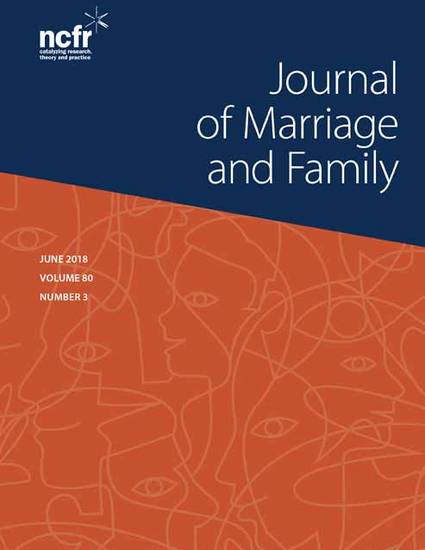
Article
Gender, Status, and Domestic Violence: An Integration of Feminist and Family Violence Approaches
Journal of Marriage and Family
(1997)
Abstract
Family violence researchers suggest that sociodemographic indicators of structural inequality influence propensities for domestic assaults. Feminist scholars argue that domestic violence is rooted in gender and power and represents men's active attempts to maintain dominance and control over women. This article integrates both approaches by proposing that elements of structural inequality influence violent behavior differently for women and men. Using self- and partnerreported data from Wave I of the National Survey of Families and Households, this study examines the relationships among sociodemographic characteristics, gender, status (in)compatibility, and domestic assaults. Results indicate that incompatibilities in income and educational status are differentially associated with domestic violence perpetrated by women and men. Discrepancies between self- and partner-reported violence are examined to determine correlates of reporting differences. The findings suggest that future research would benefit from an integration of family violence and feminist approaches.
Keywords
- Domestic violence,
- Gender,
- Status incompatibility,
- Structure
Disciplines
Publication Date
January 8, 1997
DOI
10.2307/353952
Citation Information
Kristin L. Anderson. "Gender, Status, and Domestic Violence: An Integration of Feminist and Family Violence Approaches" Journal of Marriage and Family Vol. 59 Iss. 3 (1997) p. 655 Available at: http://works.bepress.com/kristin_anderson/31/
